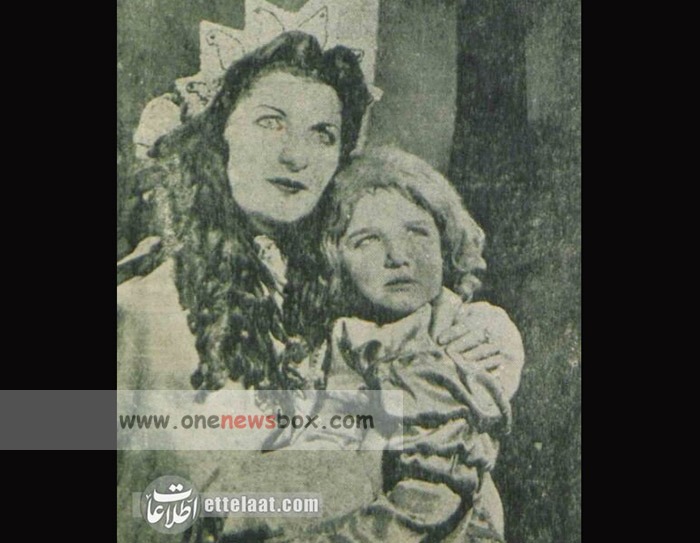The legacy of these productions continues to be felt in Iranian theater today. The performances of actors like Gholamhossein Naghshineh, Parvin Dolatshahi, Iran Daftari, Shahla Riahi, Sadegh Bahrami, Hossein Khairkhah, Asghar Tabarkhari, Turan Mehrzad, Parkhideh, and Ataollah Zahed set a standard of excellence that continues to inspire contemporary performers. Their dedication to their craft and their ability to bring Shakespeare’s characters to life remain a source of inspiration for those who seek to follow in their footsteps.
Moreover, the staging of Crown of Honor and The Merchant of Venice marked a significant moment in the history of Iranian theater, one that underscored the importance of cultural exchange and the universal power of storytelling. Shakespeare’s works, with their exploration of human nature and their ability to transcend cultural and linguistic boundaries, found a receptive audience in Tehran, where they were embraced and celebrated with great enthusiasm.
The winter of 80 years ago thus stands as a pivotal chapter in the history of Tehran’s theater scene. It was a time when the city’s stages came alive with the timeless works of Shakespeare, brought to life by the visionary directors Ali Asghar Garmsiri and Abdolhossein Noushin and their talented casts. These productions not only entertained and moved audiences but also laid the groundwork for the continued growth and development of Iranian theater. Their impact, both immediate and lasting, is a testament to the enduring power of theater as a medium for artistic expression and cultural dialogue.

